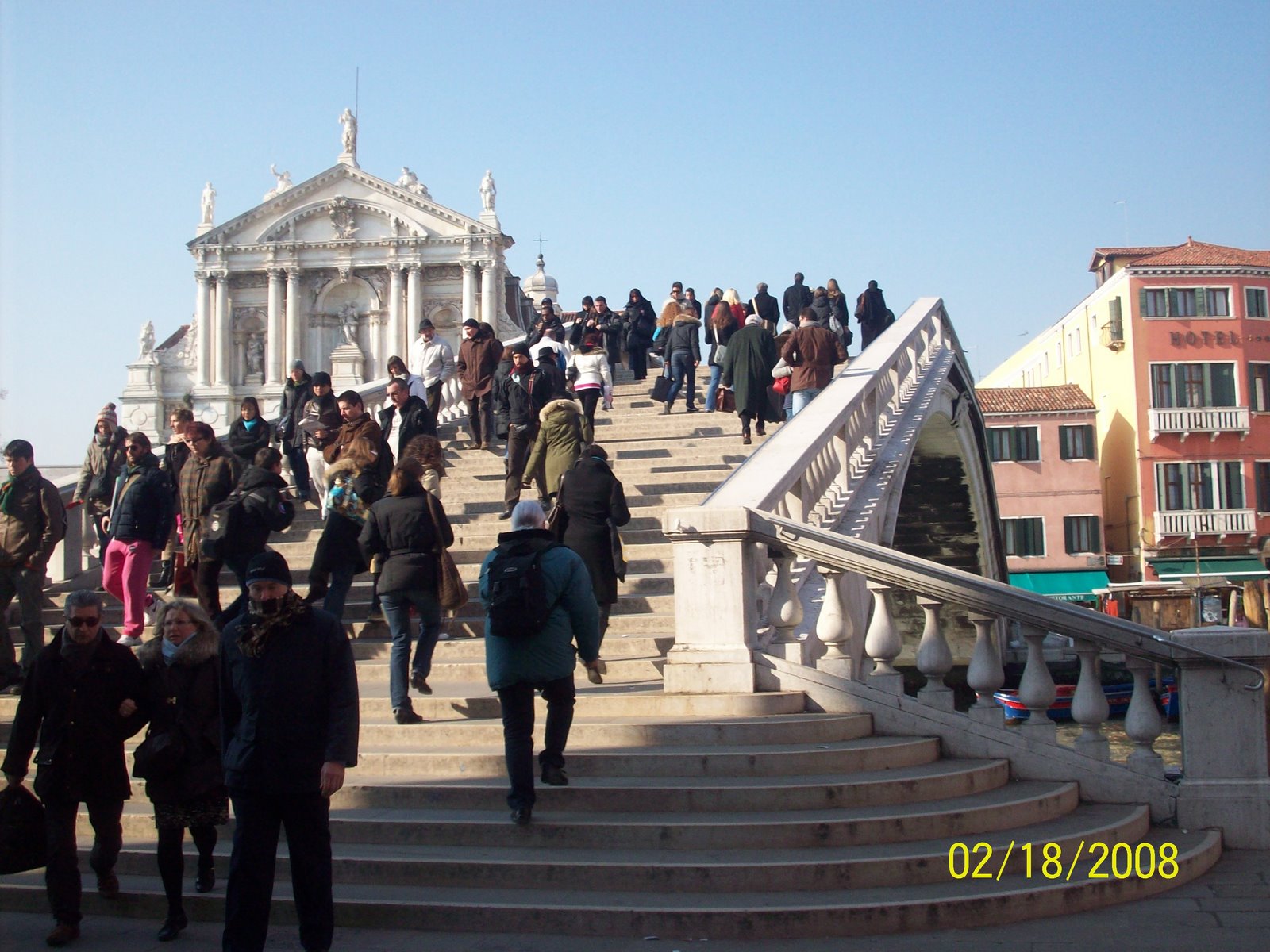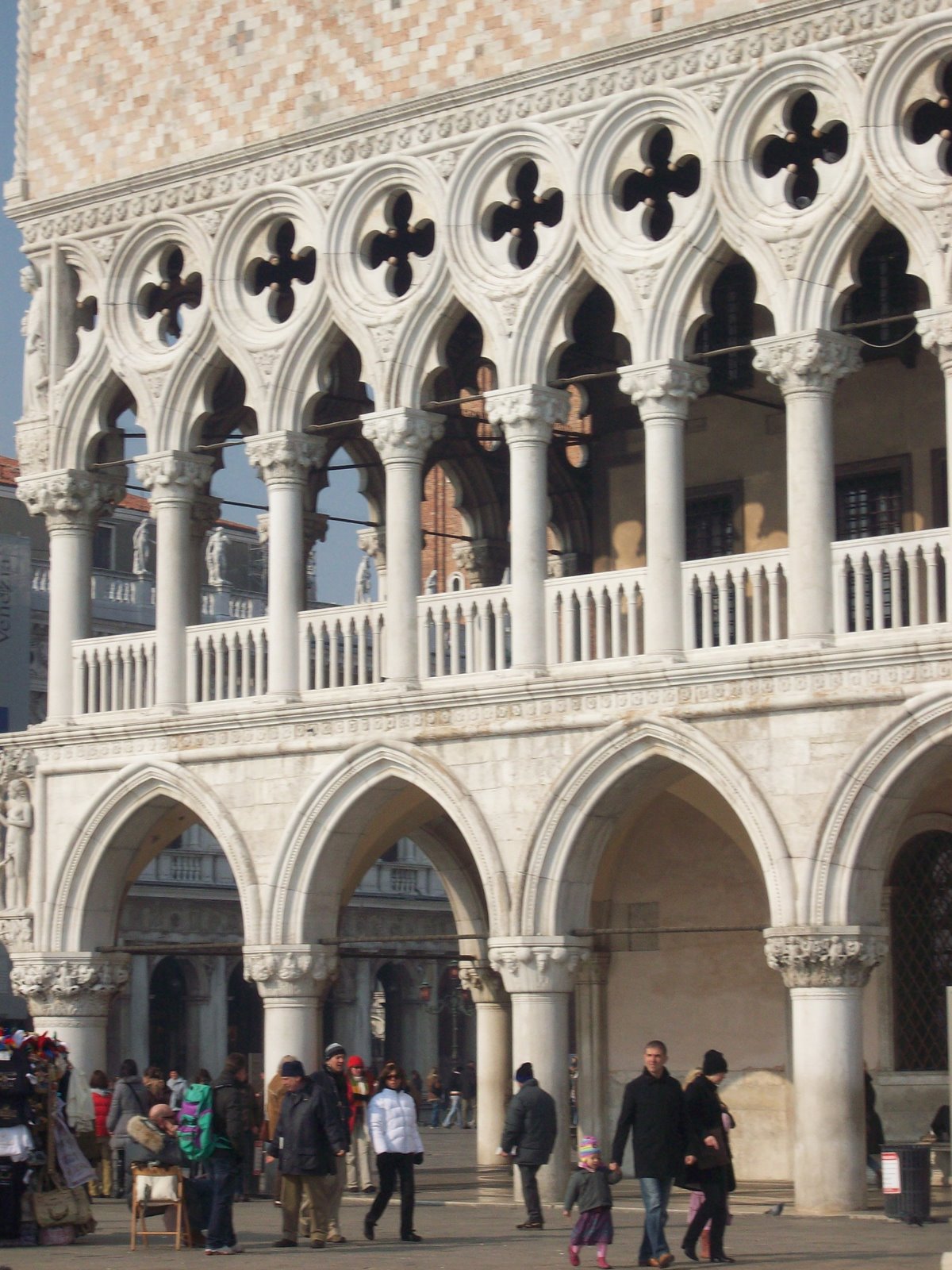ABBA - The Day Before You Came
Aceasta melodie o dedic regizorului Ovidiu Lazar, creatorul spectacolului de teatru Negustorul de timp de Matei Visniec.
Dedic melodia pentru modul magistral in care ea a fost folosita de regizor in spectacolul sus mentionat.
The Day Before You Came is a song recorded and released by Swedish pop group ABBA, their second longest (behind Eagle) at almost 6:00 in length.
Dedic melodia pentru modul magistral in care ea a fost folosita de regizor in spectacolul sus mentionat.
The Day Before You Came is a song recorded and released by Swedish pop group ABBA, their second longest (behind Eagle) at almost 6:00 in length.
It was originally released in 1982 as both a single, and a track on the compilation album The Singles: The First Ten Years.
It was the final ABBA recording; however, it was not their final song to be released: the next single was "Under Attack", also featured on the album.
Björn Ulvaeus wrote the lyrics, which to some degree are influenced by his divorce from Agnetha Fältskog. He later said: "Even if 90% of the lyrics were fiction there are still feelings in songs like 'Winner Takes It All' and 'Day Before You Came' they have something from that time in them”.
Many years after the song was recorded, Michael Tretow, ABBA's longtime sound engineer, recalled Agnetha performing the lead with dimmed lights and said that the mood had become sad and everybody in the studio knew that 'this was the end'.
On this rumour, Stephen Emms of The Guardian continues the story by saying "finishing her vocals, our eroine was to remove her headphones and walk solemnly out into the daylight, never to return".
Benny said that in his opinion, "'The Day Before You Came' is the best lyric that Bjorn has written: it's a really good song, but not a good recording". He compared this to "Under Attack", recorded around the same time, which he described as "a wonderful recording, but not such a good song".
While reminiscing on the track at an interview for Mamma Mia! the musical, Björn said, "we thought it was a great song", but added that they also thought it would not work as it was so far removed from their previous material.
Frida said that there were "problems over how Agnetha would interpret it".
ABBA attempted many different ways of singing the song, eventually settling on a "haunted" style. In the version that got released, Agnetha sang as if she was hurt and vulnerable, rather than belting it out (which Bjorn implies she did in other takes).
Frida said the song was "a very different sound to what we had done before", and Björn added that they were "taking a chance". Frida said it was a "beautiful song".
In response to the interviewer commenting on their looking unhappy in the video clip, Frida said, "it was an unhappy time of our lives [as we were] on the verge of splitting up" and had started talking about the individual projects of each member. She adds that it was not an easy situation, arguably justifying the gloomy atmosphere as a parallel of their real lives as a part of ABBA.
Music video
The song was promoted by a music video clip filmed on 21 September 1982, and directed by the team of Kjell Sundvall and Kjell-Åke Andersson, breaking ABBA's eight-year directing relationship with Lasse Hallström.
The video featured Agnetha flirting with a stranger on a train, played by Swedish actor Jonas Bergström as Fältskog's love interest.
The bridge seen in the video clip is the Årstabron bridge, located in the southern part of the city. Within the context of the music video, the train on the bridge actually goes in wrong direction. In the clip, Agnetha waits at Tumba station for the train and ends up in the city. However, in reality the train seen on the bridge goes from the city to Tumba.
The parts of the video featuring all the members of ABBA were filmed at the China Theatre in Stockholm, nearby the Polar Music offices located in Berzelii Park.
There were several photo sessions done during filming at the theatre. One of them, known as "the green session", was taken in theatre's foyer.
Christopher Patrick, in ABBA: Let The Music Speak, says the final sequence in the music video, in which "the train [where the narrator meets her lover] shunts off into oblivion, leaving in its wake a bleak and deserted railway station", is a fitting metaphor for ABBA, having reached the end of their creative partnership.
The lyrics:
Must have left my house at eight, because I always do
My train, I'm certain, left the station just when it was due
I must have read the morning paper going into town
And having gotten through the editorial, no doubt I must have frowned
I must have made my desk around a quarter after nine
With letters to be read, and heaps of papers waiting to be signed
I must have gone to lunch at half past twelve or so
The usual place, the usual bunch
And still on top of this I'm pretty sure it must have rained
The day before you came
I must have lit my seventh cigarette at half past two
And at the time I never even noticed I was blue
I must have kept on dragging through the business of the day
Without really knowing anything, I hid a part of me away
At five I must have left, there's no exception to the rule
A matter of routine, I've done it ever since I finished school
The train back home again
Undoubtedly I must have read the evening paper then
Oh yes, I'm sure my life was well within it's usual frame
The day before you came
Must have opened my front door at eight o'clock or so
And stopped along the way to buy some chinese food to go
I'm sure I had my dinner watching something on tv
There's not, I think, a single episode of dallas that I didn't see
I must have gone to bed around a quarter after ten
I need a lot of sleep, and so I like to be in bed by then I must have read a while
The latest one by marilyn french or something in that style
It's funny, but I had no sense of living without aim
The day before you came
And turning out the light
I must have yawned and cuddled up for yet another night
And rattling on the roof I must have heard the sound of rain
The day before you came



